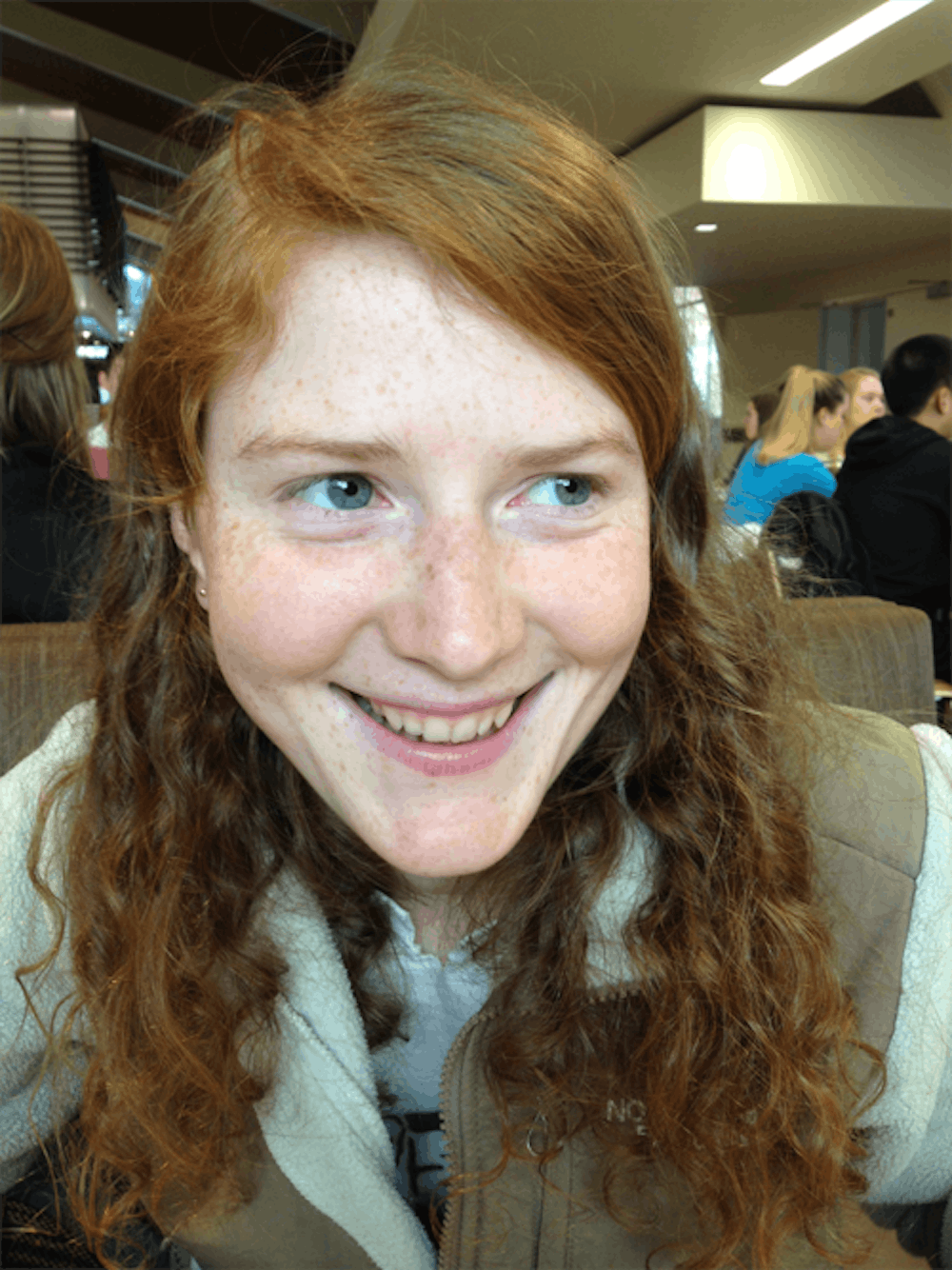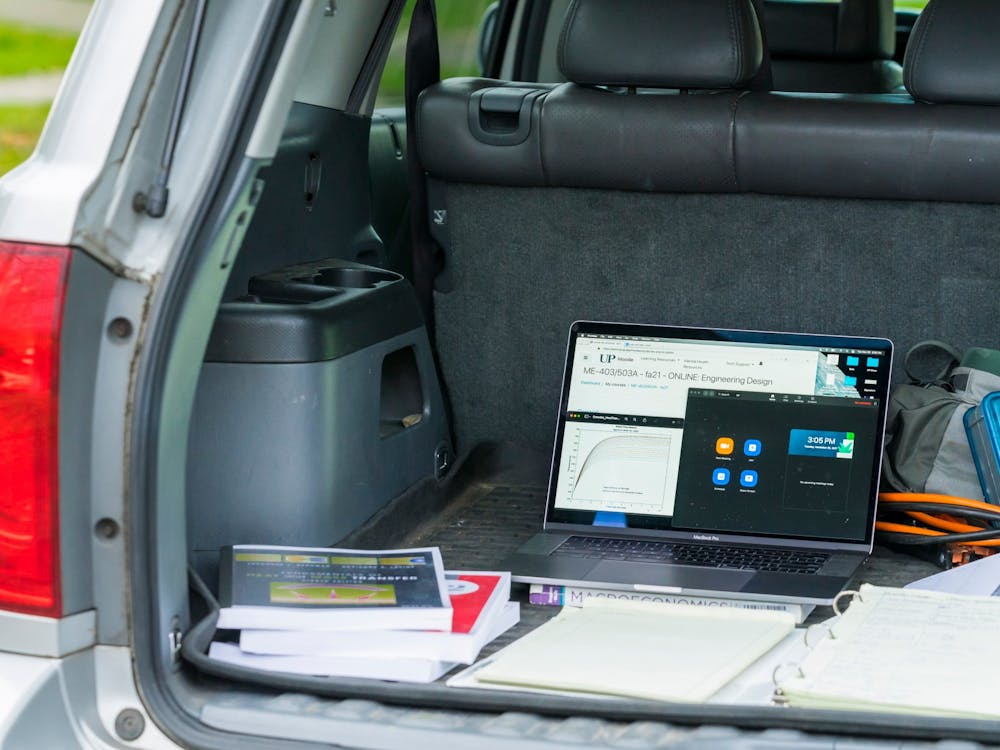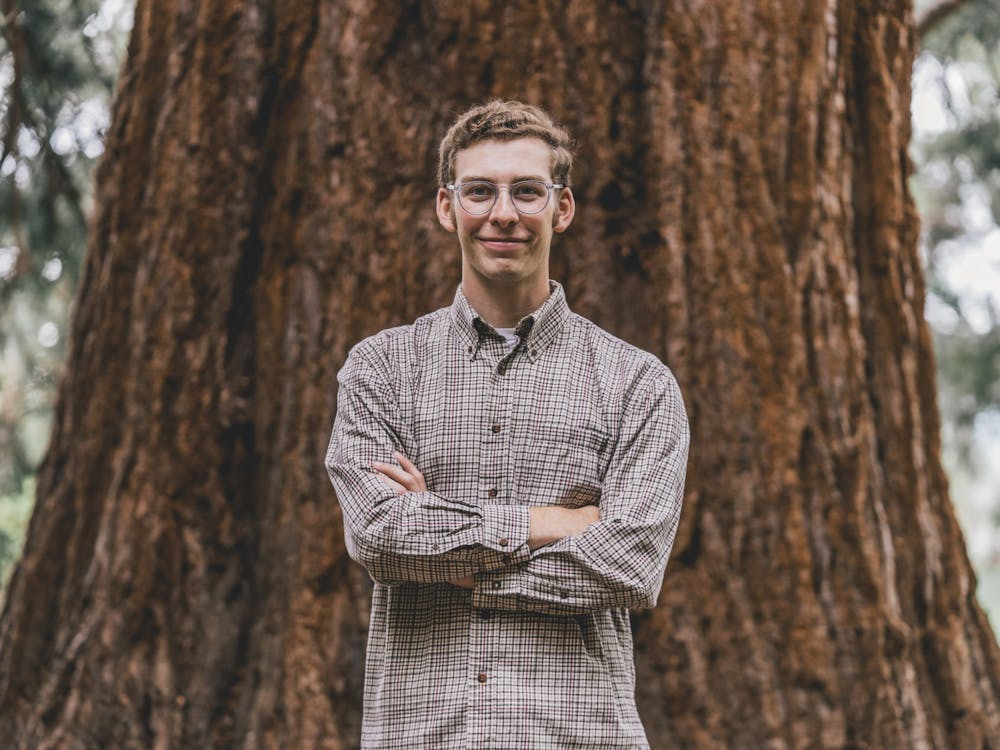Janie Oliphant (The Beacon)
By Janie Oliphant, Guest Commentary
This last Monday, I, like all other students and staff, received an invitation from the Ad Hoc PACI committee to participate in the community listening sessions "so that more people may have a way to express themselves relative to issues of inclusion, diversity, and nondiscrimination in our community." As a Christian student, resident assistant, social worker in training and a participant in the recent #redefinepurplepride happenings, I was very pleased to see the administration responding to the requests of students and faculty to engage in dialogue about these issues. It has been rare, in my experience, to have the administration ask my personal opinion of how I feel about diversity on our college campus.
Given this small window of opportunity to have a voice in a major decision at our school (namely the nondiscrimination policy), I would highly encourage everyone to attend at least one of the four listening sessions. Through the past several weeks I have heard varying comments from faculty and students ranging from, "I sort of thought UP students were lap dogs [until now]" to, "I've never heard of anyone feeling oppressed on campus." Whether you support a more inclusive community, or you think that including gender identity and sexual orientation in the nondiscrimination clause goes against your Catholic ideals, please please please attend the hearings. Without student and faculty support, the message to the administration might as well be: "We don't really care about what you decide; we are apathetic towards the way you choose to dis-include or include people at this university."
I will leave you with several questions to think about as you attend the hearings:
1. How were the members of the Ad Hoc committee chosen?
2. Why are sexual orientation and gender identity absent from the University of Portland's nondiscrimination policy when it is included in so many other Catholic universities' policies?
3. What would Jesus do in this situation? Is this what social justice looks like?
4. Why are there only 33 undergraduate students who identify as African American at UP?
5. Is there a protocol for dealing with acts of discrimination enacted upon students/faculty?
6. Why don't we have an Office of Diversity on campus to support our students?
7. Why have faculty been fearful of losing their jobs for speaking out about issues of diversity on campus?
Janie Oliphant is a senior social work, psychology, and sociology major. She can be reached at oliphant13@up.edu.








